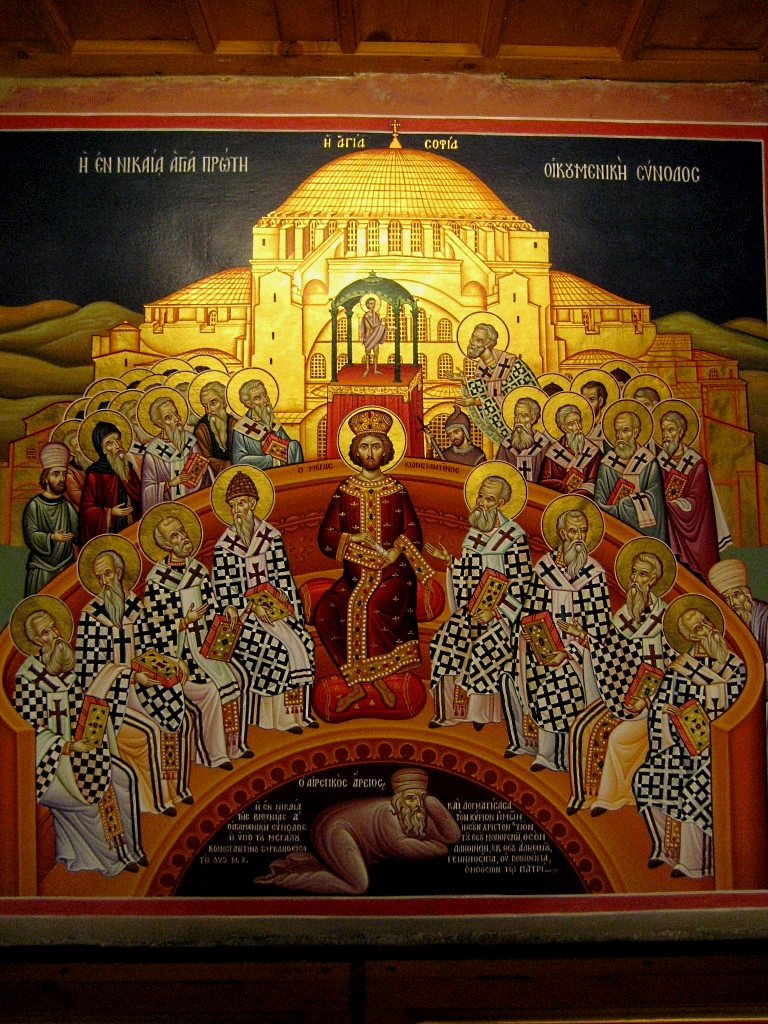Hermit
Cantankerous grump
All well and good, but my post was aimed at Politesse's comment regarding Matthew 5:17-19*, in which he deprecates the literal meaning and hints at a deeper one. It's the sort of thing one must do to resolve contradictions or defend a particular point of view. In this case the refusal to accept the literal meaning of Matthew 5:17-19 is meant to validate Jeremiah's prophesy of a new covenant in Jeremiah 31:31-34** and claim it was about to come to pass with Jesus as indicated in Luke 22:20***.What you have as Christianity is better called Paulism.The law needed upholding for the same reason Martin Luther nailed his 95 theses to the door of Wittenberg's All Saints' Church in 1517: The religion was in need of being reformed to its original, wholesome self. Jesus was aware of the aberrant uses and abuses religious practice had evolved to. His cleansing of the temple is evidence of it (John 2:13–16, Luke 19:45–48, Matthew 21:12–17, Mark 11:15–19), as is his condemnation of the Pharisees (Matthew 23). He has indeed come to uphold the law because nobody else did.Isn't Jesus reported to have said that he did not come to abolish the law, but to uphold it? Did they miss that bit, or just rationalized it away?
And what is Torah, to you? Just an English translation of an ancient book of laws? Is that what you think Jesus came to uphold? Why would God visit us in person just to tell us to do what we were already doing, worshipping books and hurting each other? I don't think it was crazy or mistaken to search for a deeper meaning within those words as the Gnostics did and do.
Disclaimer: I regard religions as bullshit.
Jesus was a Jew preaching to Jews f his time involing Jewsh prophes amd scripture.
If you want 'real Christianity ' then I'd say become Jewish. I have known some who have.
Paul took the Jewishness out of Jesus and opened it up to non Jews. As Paul said, it is not circumcision that makes you Jewish, it is what is in your heart. He got rid of the dietary rules.
Would Jesus as a Jew caLling Jews back to traditional morality ad quoting Jewish scripture, would he not have kept kosher when eating?
* 17 Do not think that I came to destroy the Law or the Prophets. I did not come to destroy but to fulfill.
18 For assuredly, I say to you, till heaven and earth pass away, one jot or one tittle will by no means pass from the law till all is fulfilled.
19 Whoever therefore breaks one of the least of these commandments, and teaches men so, shall be called least in the kingdom of heaven; but whoever does and teaches them, he shall be called great in the kingdom of heaven.
** 31 Behold, the days come, saith the Lord, that I will make a new covenant with the house of Israel, and with the house of Judah:
32 Not according to the covenant that I made with their fathers in the day that I took them by the hand to bring them out of the land of Egypt; which my covenant they brake, although I was an husband unto them, saith the Lord:
33 But this shall be the covenant that I will make with the house of Israel; After those days, saith the Lord, I will put my law in their inward parts, and write it in their hearts; and will be their God, and they shall be my people.
34 And they shall teach no more every man his neighbour, and every man his brother, saying, Know the Lord: for they shall all know me, from the least of them unto the greatest of them, saith the Lord: for I will forgive their iniquity, and I will remember their sin no more.
*** 20 Likewise also the cup after supper, saying, This cup is the new testament in my blood, which is shed for you.


